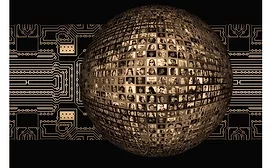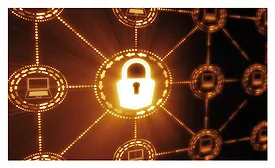Cybersecurity
Three video surveillance tools for SMBs
Small-to-medium-sized businesses have a number of unique considerations when it comes to video surveillance.
November 9, 2020
Sign-up to receive top management & result-driven techniques in the industry.
Join over 20,000+ industry leaders who receive our premium content.
SIGN UP TODAY!Copyright ©2026. All Rights Reserved BNP Media.
Design, CMS, Hosting & Web Development :: ePublishing











